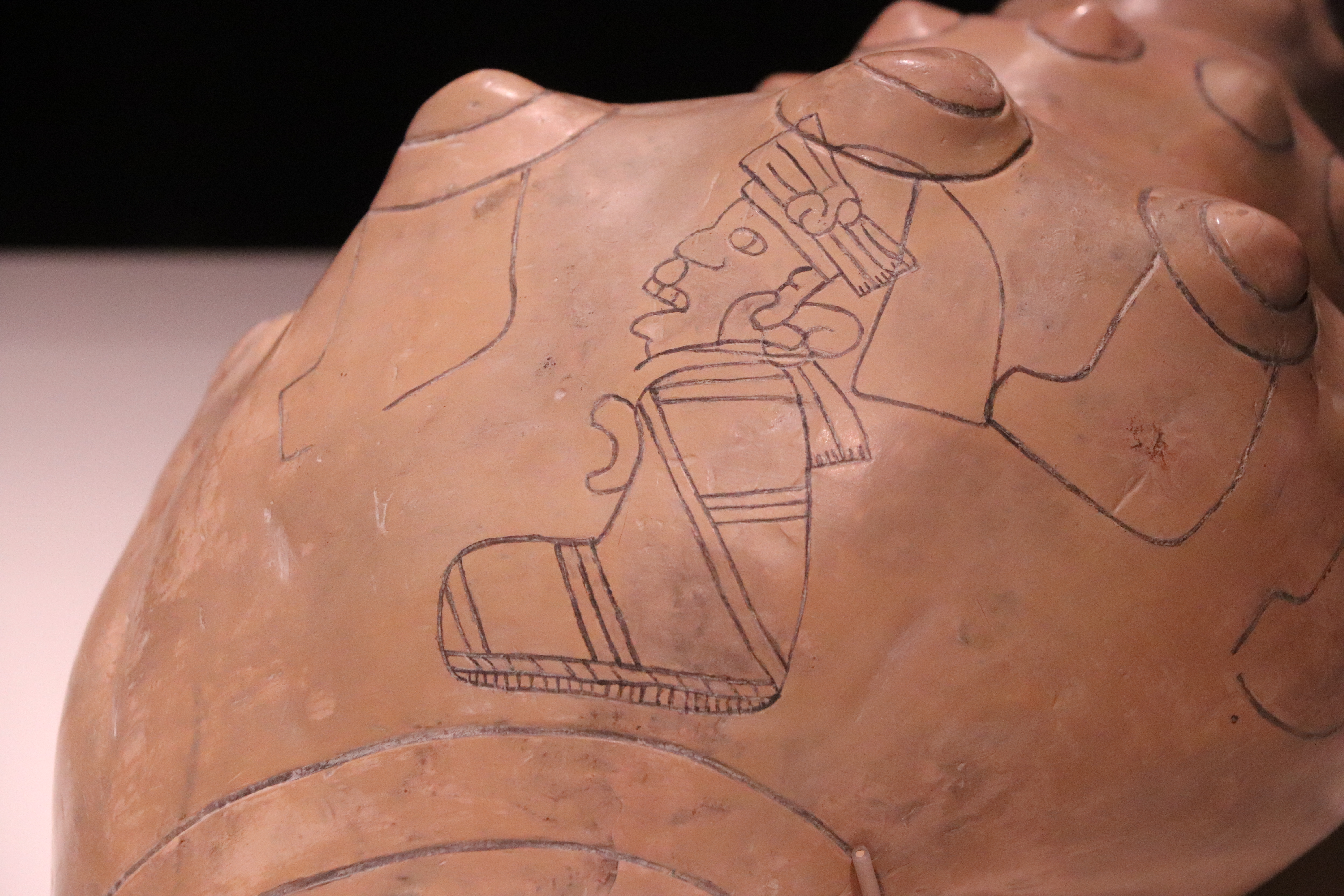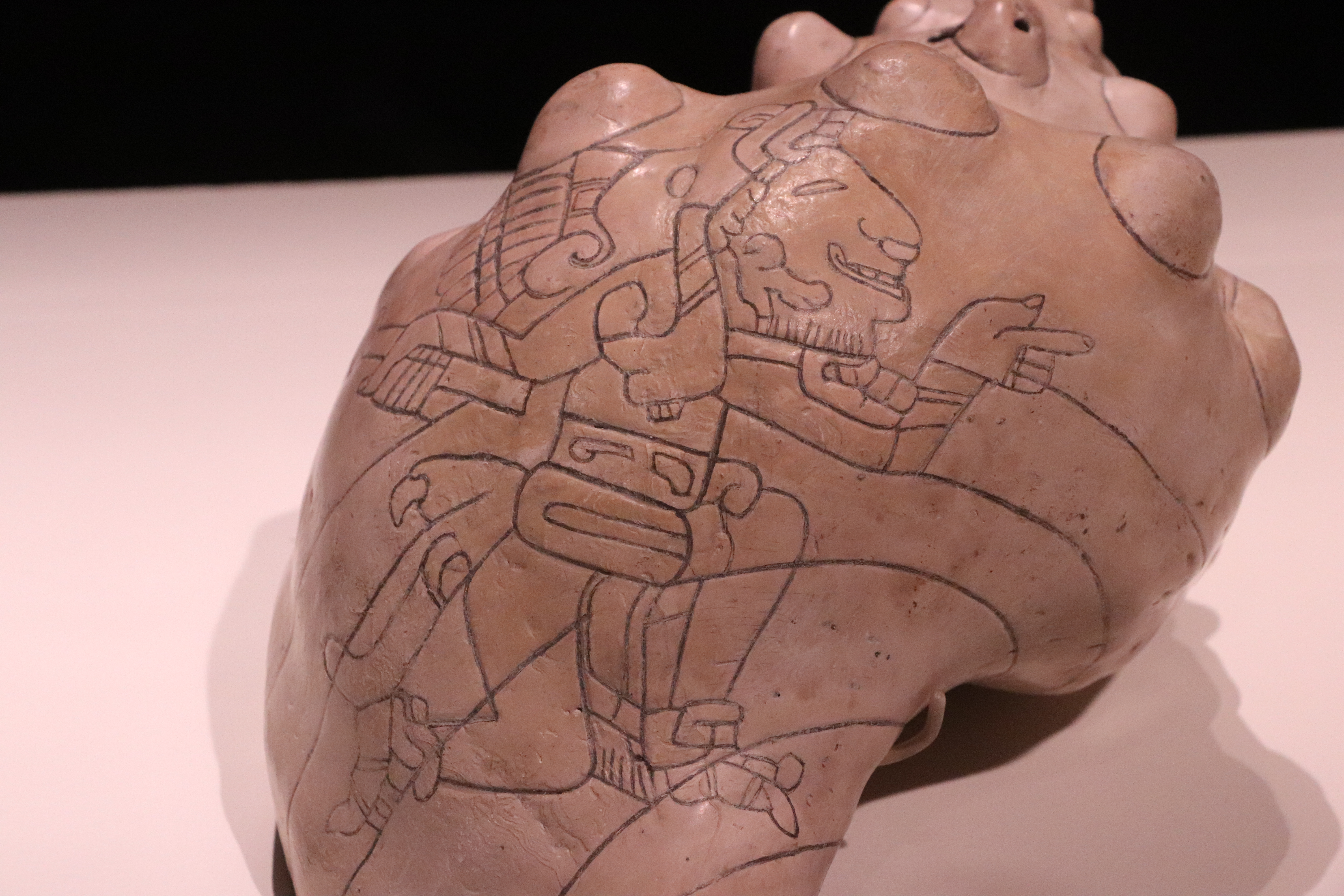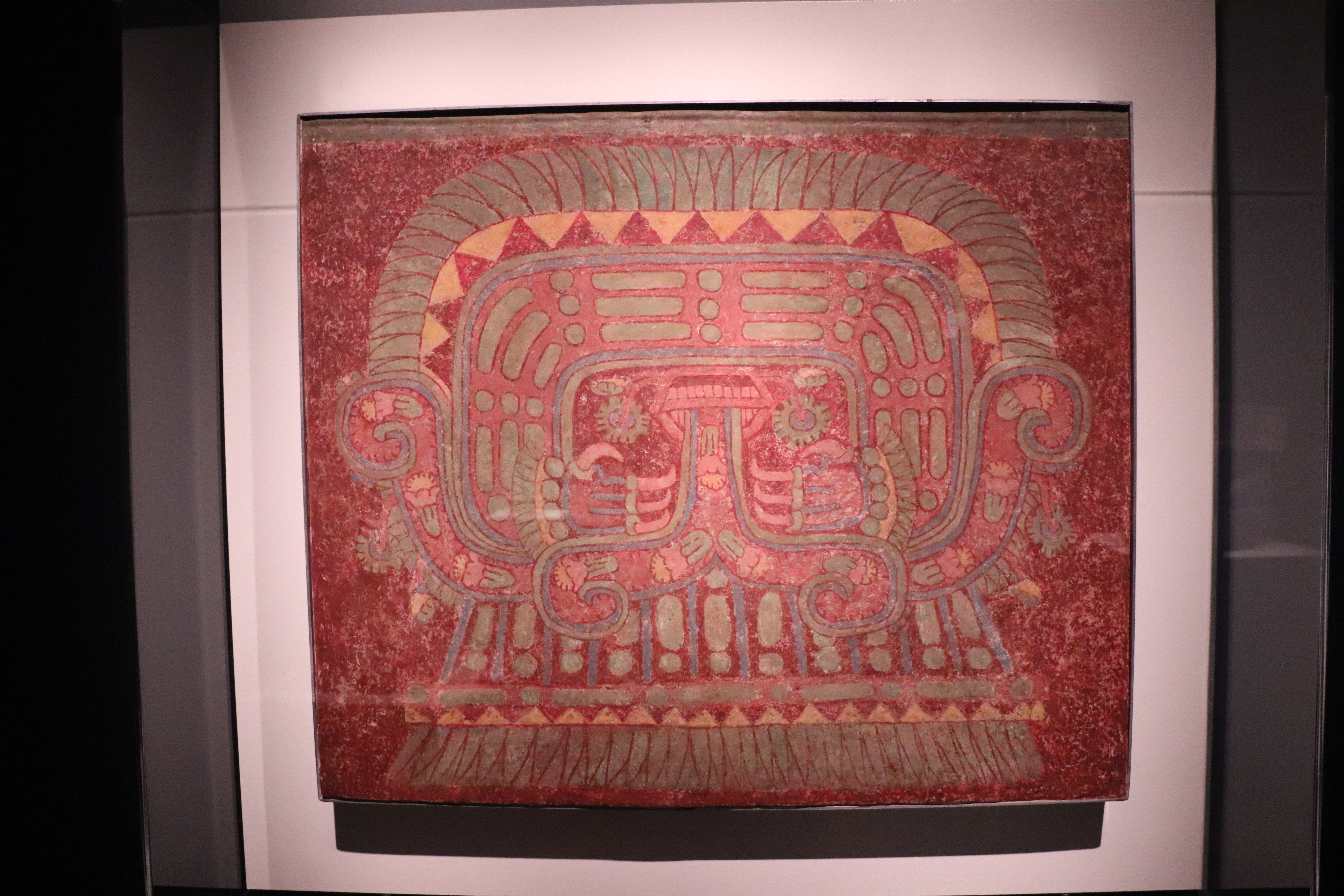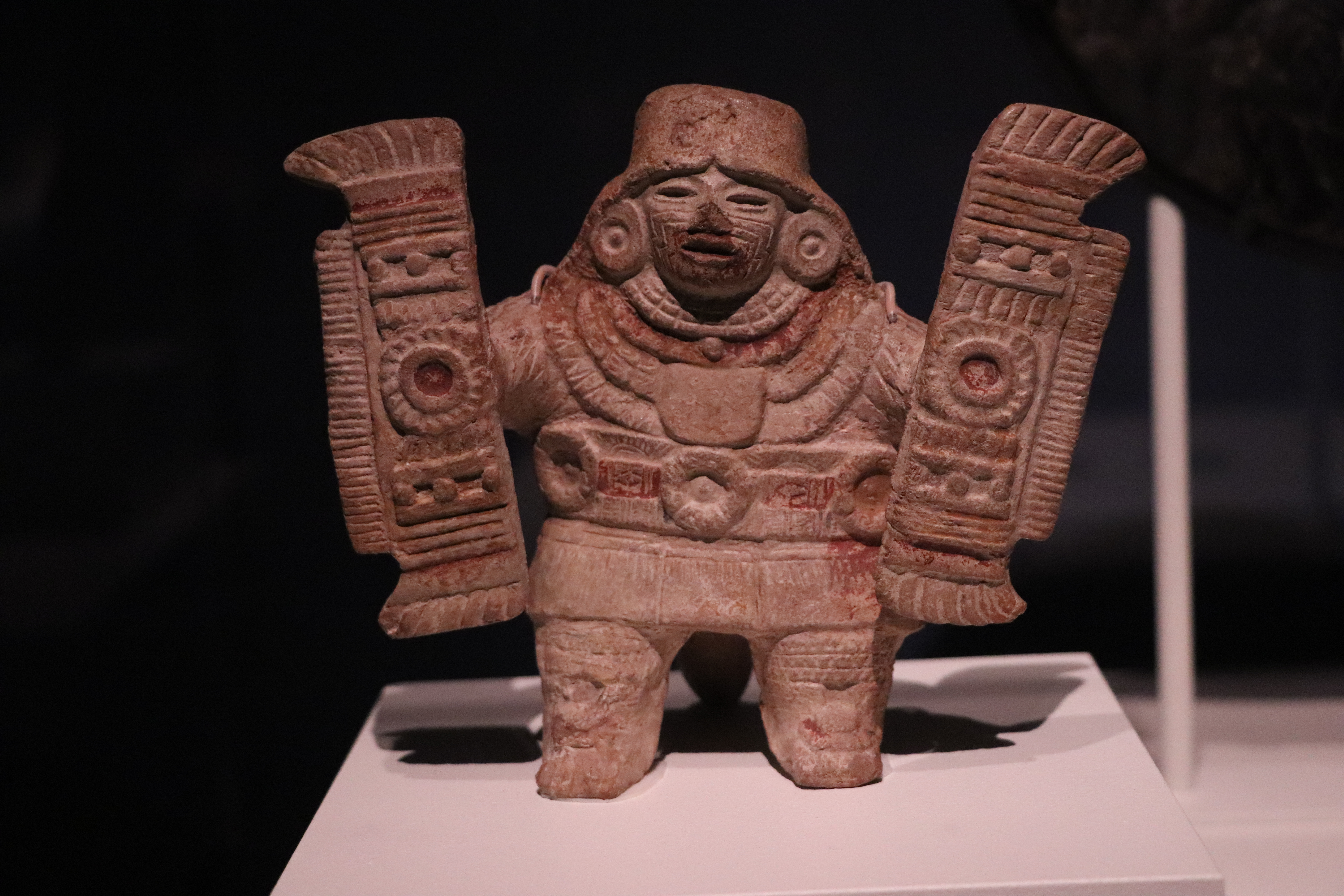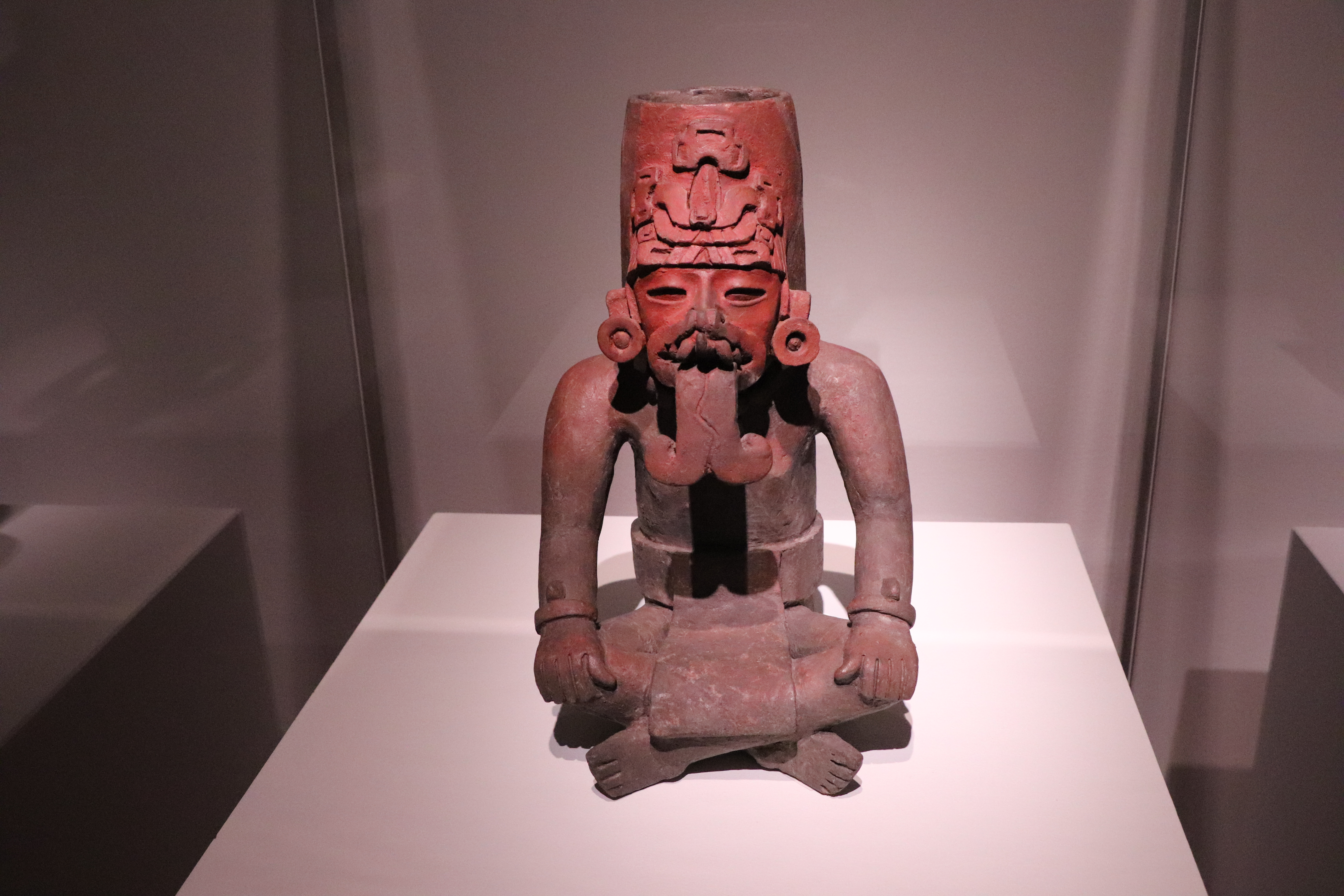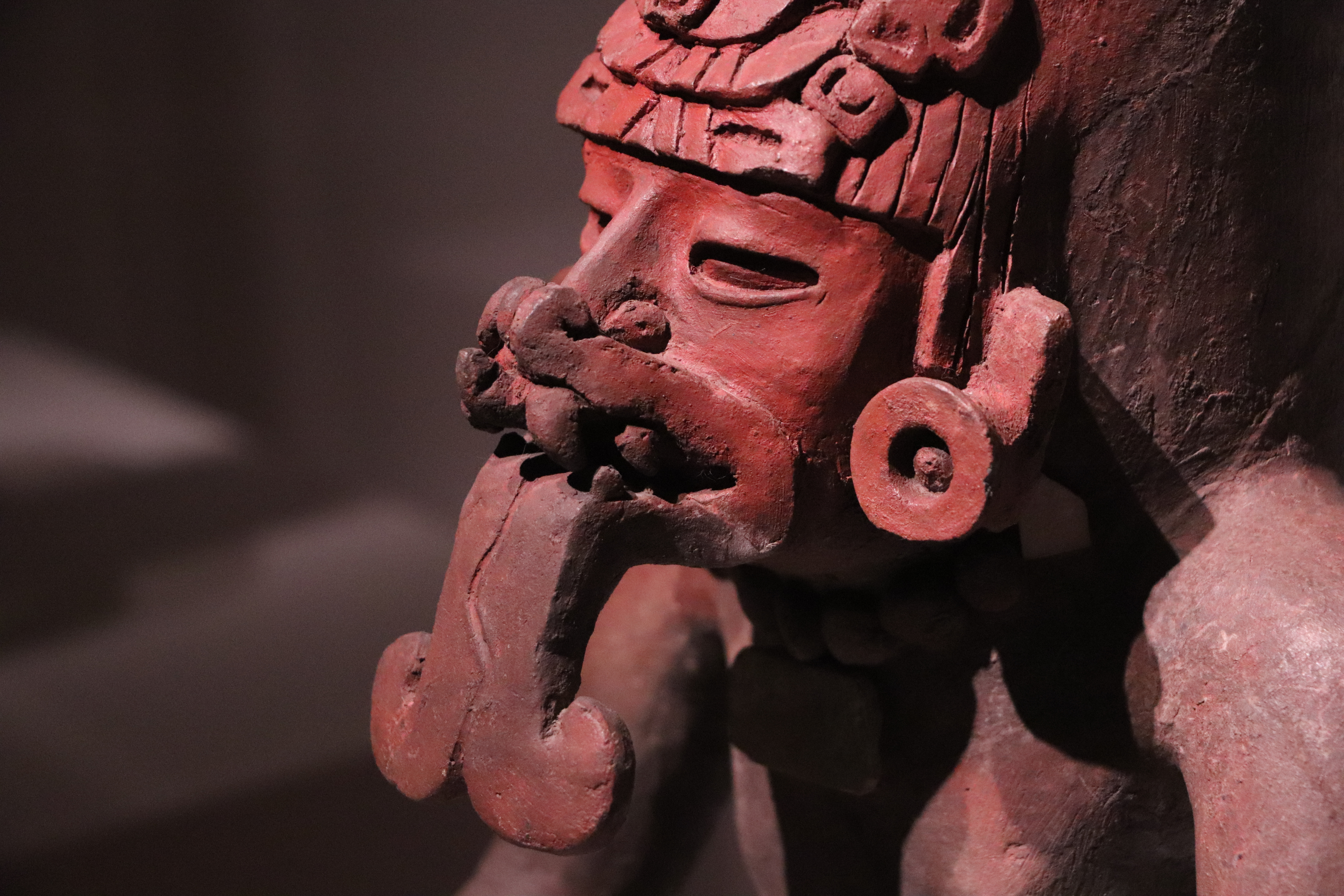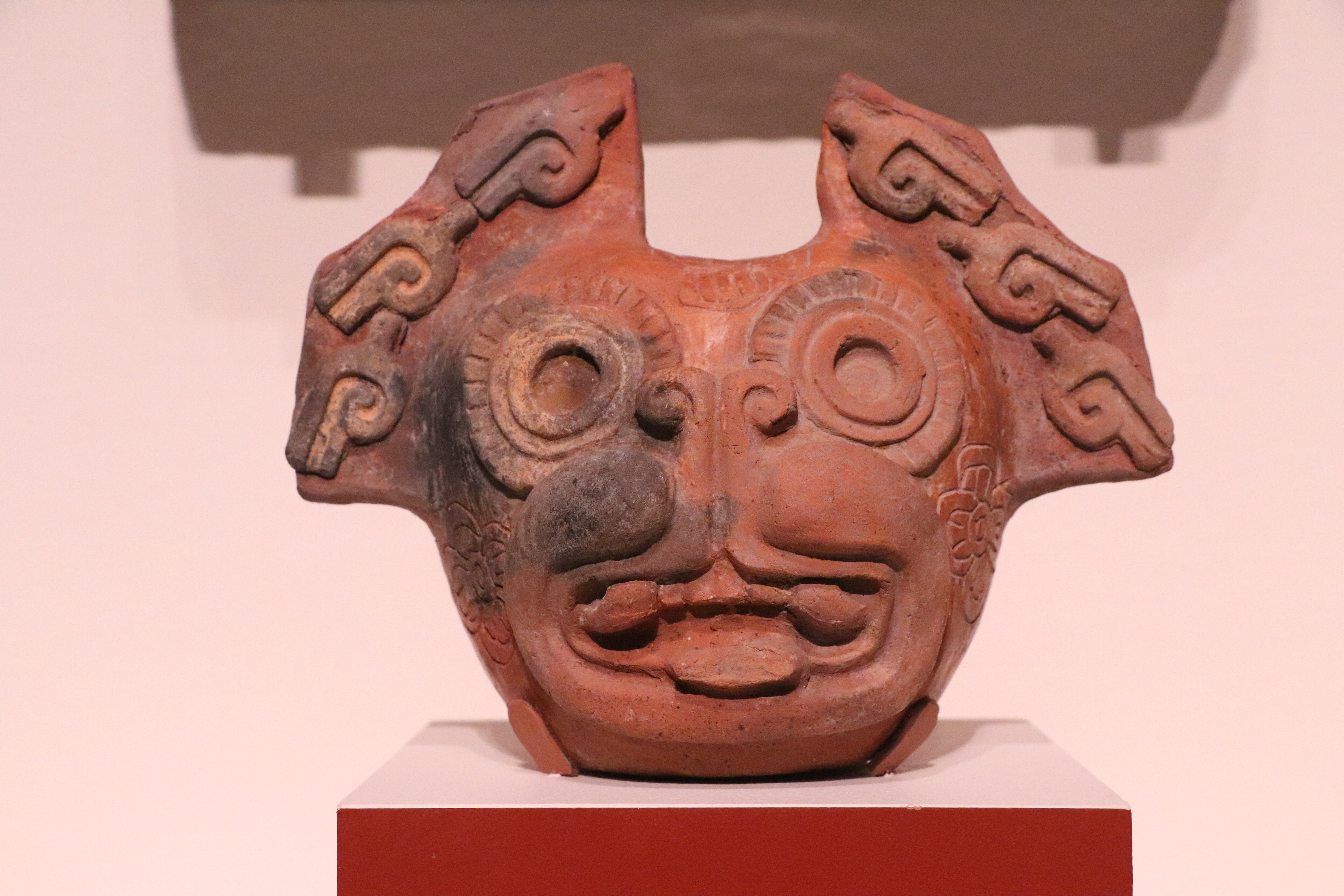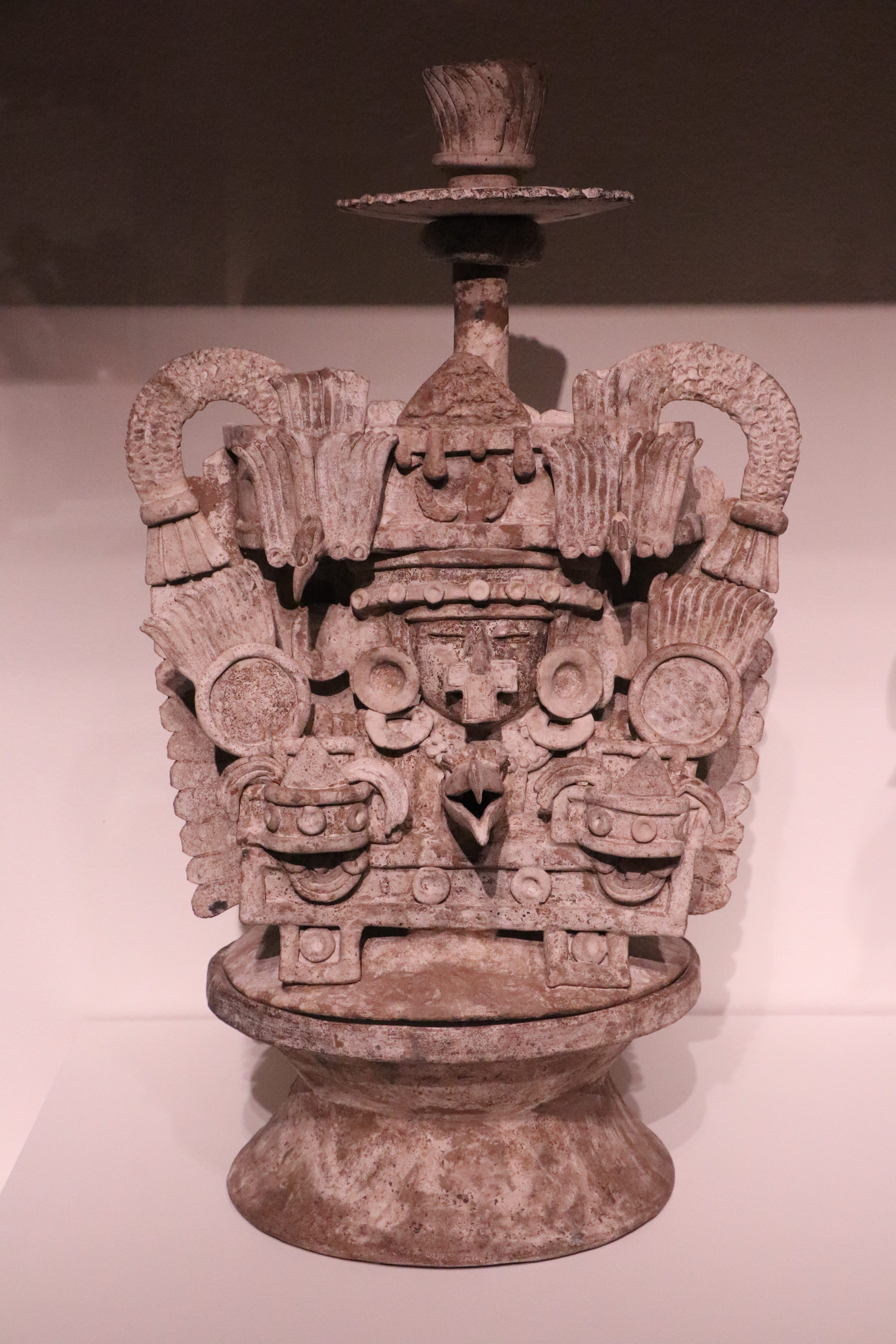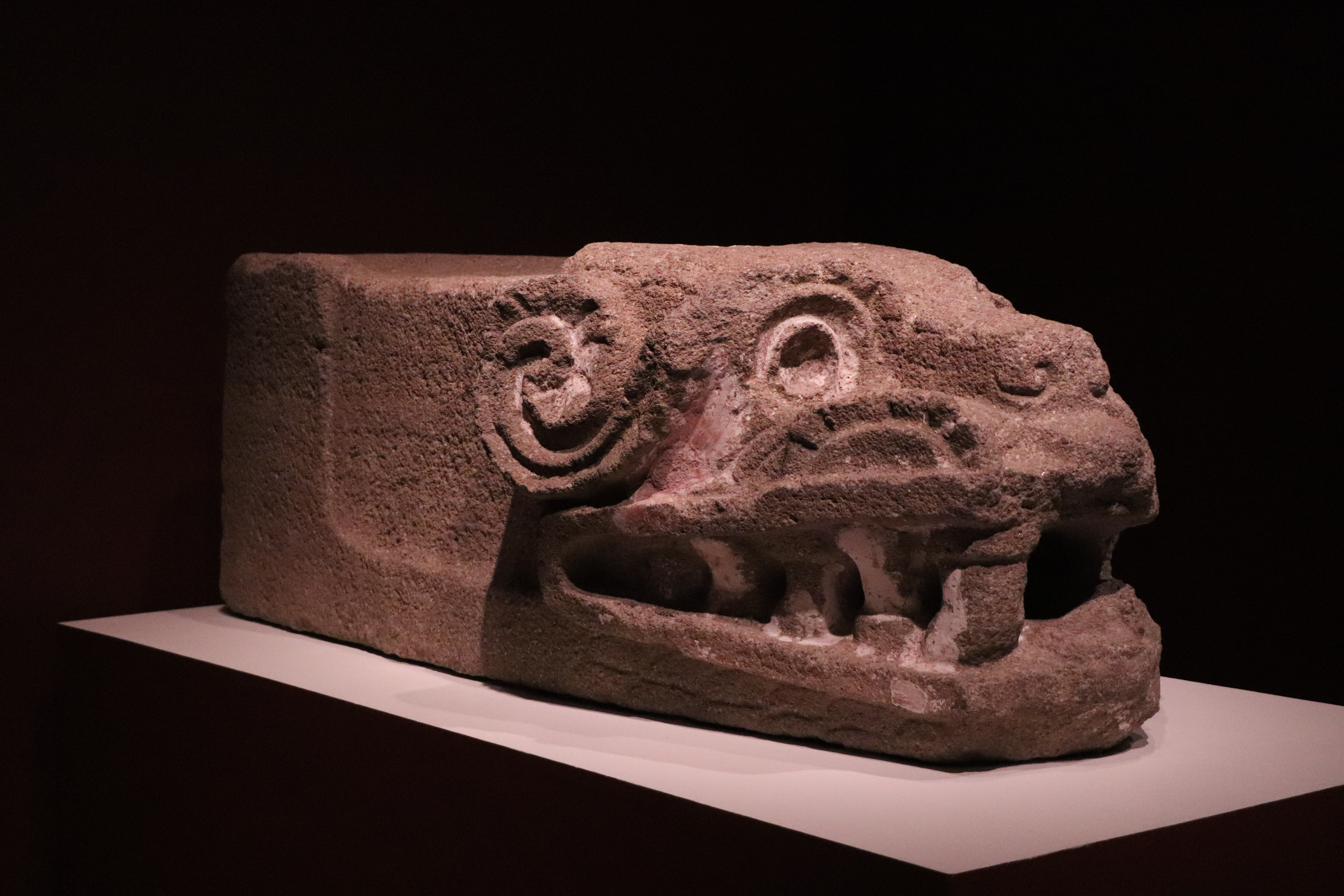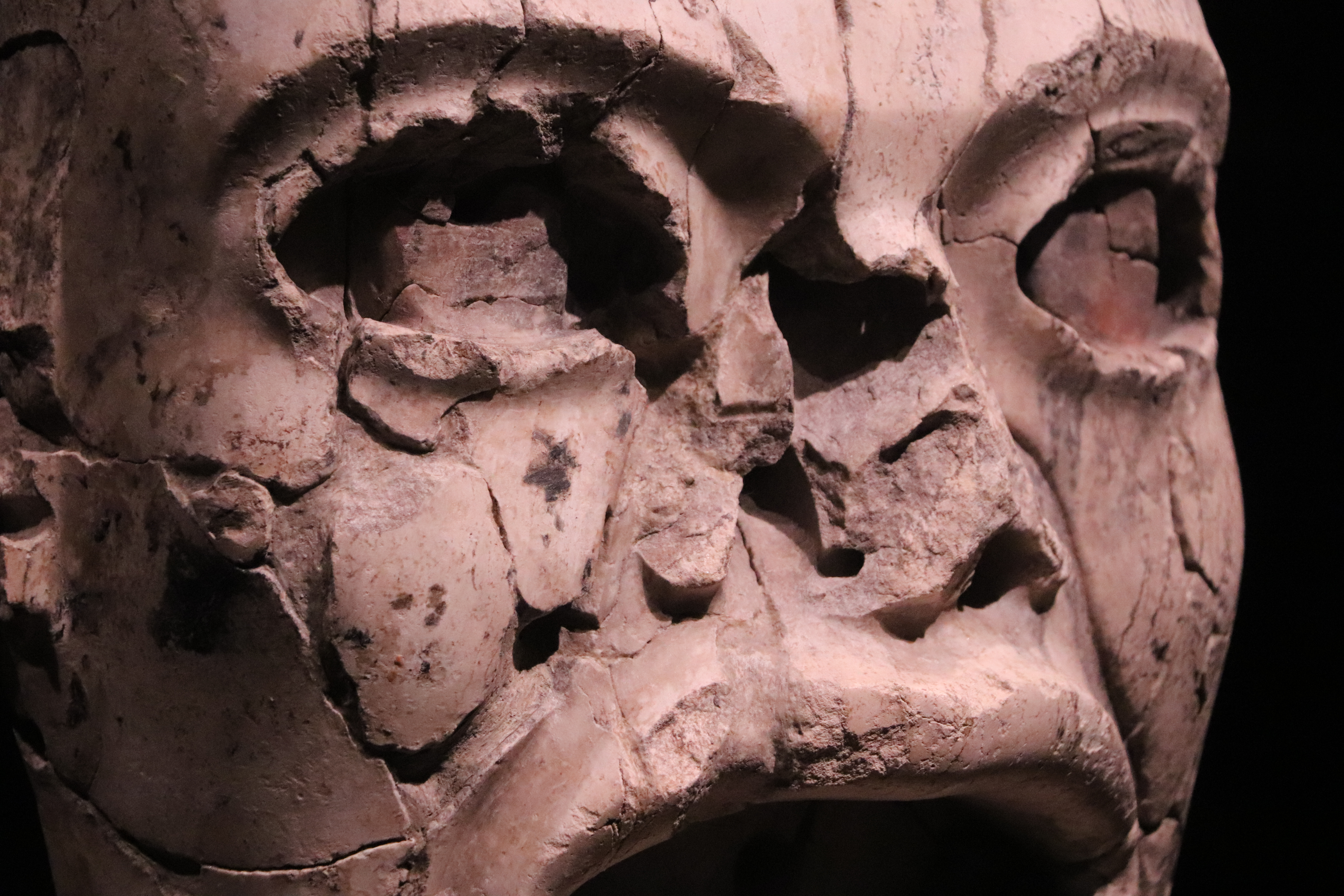After nearly a month, I owe it to this series to put the English wars in the context of the greater Reformation in Europe. I’ll write this with the assumption that the reader has some very basic knowledge on who Martin Luther is as this is not intended as an introductory piece on Luther’s biographical details.
Luther’s Reformation begins anywhere from 1517 to 1521 depending on how you frame it, but regardless this is a long way off from our target dates of 1620-1660 for this blog series. This gap is the focus of this particular article, where I want to highlight how the conservatism of Luther’s writings likely played a role in limiting the scope and progress of the Reformation in the 16th Century.
Probably any student of Christianity or Early Modern Europe will be familiar with the more provocative quotes from Luther like the following:
Faith alone is the saving and efficacious use of the word of God…. The word of God cannot be received and cherished by any works whatever but only by faith. Therefore it is clear that, as the soul needs only the word of God for its life and righteousness, so it is justified by faith alone and not any works; for if it could be justified by anything else, it would not need the word, and consequently it would not need faith
The Freedom of a Christian Man. Luther, 1520; ed. Harold J Grimm, 1957.
Likely the central message from any introductory class on Luther and Protestantism. The occasional political scientist will dust off quotes similar to this one for a class on the “origins of modern democracy”, highlighting Luther as the philosophical catalyst for Europeans to begin en masse to reject the Medieval social order. I won’t be focusing on the many reasons why the Medieval world came to an end during this period, but I’ll simply name drop the New World, the Black Death, the Printing Press, or the Peasants’ Revolts to be equally cliched myself. What I am interested in, though, is examining the tone of a few of Luther’s earlier texts and how it contrasts with the common image of Luther as a model revolutionary, however radical Protestantism would later become.
In fact, Luther equivocates throughout his early works, not just The Freedom of a Christian Man. He opens with his strongest messaging, almost in the style of a modern provocateur, declaring his Christian man as both “perfectly free…subject to none” but paradoxically a “servant…subject to all”. However, he always tacks back later in his pamphlets with very different language:
You will ask, “If all who are in the church are priests, how do these whom we no call priests differ from laymen?” … Holy Scripture makes no distinction between them, although it gives the name “ministers,” “servants,” “stewards” to those who are now proudly called popes, bishops and [feudal] lords and who should according to the ministry of the word serve others and teach them the faith of Christ and the freedom of believers. Although we are all equally priests, we cannot all publicly minister and teach.
Or as he puts here with very little subtlety:
Finally, something must be added for the sake of those for whom nothing can be said so well that they will not spoil it by misunderstanding it [the power of faith]. It is questionable whether they will understand even what will be said here. There are very many who, when they hear of this freedom of faith, immediately turn it into an occasion for the flesh and think that now all things are allowed them. They want to show that they are free men and Christians only by despising and finding fault with ceremonies, traditions, and human laws; as if they were Christians because on stated days they do not fast or eat meat when others fast….
Luther’s conclusion to The Freedom of the Christian Man includes an extended section dealing with the inevitable disagreements on the nature of ceremony and tradition where he spends roughly equal page space addressing the ‘radical’ and the ‘conservative’ points of view; e.g. when is it okay to disobey traditional authority and when must the “free” Christian submit? The theme is consistent across these quotations: Luther’s Reformation according to Luther should not be a wholesale reinvention of European society from top to bottom. More personally, Luther writing this does not explicitly depict himself as overthrowing the Pope as the head of Christianity nor the various feudal lords of Central Europe, and that seems intentional. Most discussions on the Reformation will be sure to cover this last point at the very least. It’s worth looking further.
Luther published another short pamphlet in 1523 entitled On Governmental Authority in which he further explored what he perceived to be the proper relationship between the lay people and governments be them burghs or kingdoms. He opens the pamphlet immediately with an explanation that he is writing this purposefully so that no one can argue that Luther’s theories exclude civil authority from a Christian world. In a similar style to his previous works, he grounds his main theological points firmly in biblical passages, mostly from the New Testament. An interesting sidebar here is this exposes a key perspective on the Reformation and how society was changing at its very roots. Luther himself was originally enrolled as a law student before eventually dropping out and focusing specifically on theology. The overlap of those professions in the period exposes a feature of this period. Although law as its own profession had existed for over two hundred years by the time Luther came of age, there was a great deal of overlap with legalistic minds and theological minds. In many ways, this reflects Medieval society in general, something that was to break down over the two hundred year period from 1500-1700.
The most memorable takeaway from Luther’s On Governmental Authority is the “Two Kingdoms” theory. Roughly put, Luther divides the world into two groups, Christians and non-Christians, and makes some arguments based on biblical references to argue that while Christians have no need for laws, non-Christians do and therefore both laws and governments need to exist to manage them. Something important to remember here is that Luther’s “non-Christians” include professed Christians who do not live what Luther considers to be “true” Christian lives. This is a convenient logical turn that allows Luther to argue that true Christians are not overly-concerned with the profane while defending the traditional authorities that he seems to want to guard against destructive impulses within the Reformation.
Whether he slips into his next argument or intended it in his “Two Kingdoms” introduction, Luther moves on to build a sanctioned excuse for not only acquiescence to civil authority, but active and zealous participation in Christian governments across Europe. He bases this in the concept of charitable action for the benefit of others rather than oneself:
Here the other proposition applies, that you are under obligation to serve and assist the [state] by whatever means you can, with body, goods, honor, and soul. For it is something which [Christians] do not need, but which is very beneficial and essential for the whole world and for your neighbor. Therefore, if you see that there is a lack of hangmen, constables, judges, lords, or princes…you should offer your services…. Here is the reason why you should do this: In such a case you would be entering entirely into the service and work of others, which would be of advantage neither to yourself nor your property, or honor, but only to your neighbor and to others.
On Governmental Authority. Martin Luther, 1523. ed. Hans J. Hillberbrand, 1968.
This is advocacy against anarchy at least and could be viewed as overt religious support for the state. We can imagine why Luther might insert this passage, but it does seem to be a very convenient official stance for kings, dukes, and counts in Europe to take. After all, that happens to preserve the convenient power-sharing arrangement the First and Second Estates traditionally wielded against the Third. Modern readers should remember that rulers and state officials were just as notorious in the late Medieval period as they are now for corruption, profiteering, and skulduggery. Luther takes an openly obliging position on the privilege of the ruling class by shamelessly claiming that service to the state could never bolster one’s property nor honor.
Luther ends the first section of his pamphlet and opens the second section, entitled “Part Two How Far Does Temporal Authority Extend”, where he begins to deal with the question of where the limits of state power lie and how those limits interact the power of the Church and of God. Luther enters what must be described as a heated invective at both the Church and nobility in his opening paragraphs. He accuses feudal lords of “heaping tax upon tax and tribute upon tribute” and the Church of “heaping alien sin upon themselves and incur[ing] the hatred of God, and man, until they come to ruin…”; hardly a resounding recommendation. The reader should take note, though, that Luther spends most of this criticism focused on lords who attempt to legislate either against the owning of translated Bibles or directly in favor of the Pope. Likewise his criticism of the Church centers around similar topics. Luther is very concerned with state overreach into religious matters and in some ways is arguing for an early separation between the Church and the state itself, but only in so much as he believes the Christian Church to be the ultimate authority on Earth. The modern reader cannot mistake his words here as support for post-Enlightenment secular values; see this rather as arguing for state recognition of the independence of the Church in affairs relating to God, as defined by Luther apparently.
Luther chastises Germany’s lords again in Friendly Admonition to Peace concerning the Twelve Articles of the Swabian Peasants published in 1525. Set against the backdrop of a Peasants’ Revolt against their lords regarding taxation and religious worship (quite common during this period), Luther addresses both the lords and the peasants in turn. His first section written to the lords is mostly wrist-slap language, speaking about honor and the grace of God. He speaks as a peer to them later about individual Articles put forth by the peasants, backing them in principle, but ultimately appealing to his audience’s lordly sense of equity. In his address to the peasants, Luther takes a mostly sympathetic tone to the principle of the revolt (the spread of the Lutheran Church), but uses very telling language to advocate for nonviolence,
The fact that the rulers are wicked and unjust does not excuse tumult and rebellion, for to punish wickedness does not belong to everybody, but to the worldly rulers who bear the sword…. Now you cannot deny that your rebellion proceeds in such a way that you make yourselves your own judges, and avenge yourselves, and are unwilling to suffer any wrong. That is contrary not only to Christian law and the gospel, but also to natural law and all equity….
Friendly Admonition to Peace concerning the Twelve Articles of the Swabian Peasants. Martin Luther, 1525. ed. Hans J. Hillerbrand, 1968.
And in another shocking statement of strange teleological basis,
It is true that the rulers do wrong when they suppress the gospel and oppress you in temporal things; but you do much more wrong when you not only suppress God’s word, but tread it underfoot, and invade His authority and His law, and put yourselves above God. Besides, you take from the rulers their authority and right; nay, all that they have. For what have they left, when they have lost their authority?
Here Luther speaks even more clearly with respect to the so-called ‘temporal’ authorities, namely the feudal lords. This echoes Luther’s vision of the role of the “stewards” from The Freedom of the Christian Man but depicted at length. He gives what reads almost as a blanket concession for ducal law at least within Germany, couched within a weak appeal for feudal justice based on Christian values. Luther lays out his would-be prescription for lordly behavior mostly on a good-faith basis. Lords are left to their own devices with an almost explicit honor code, although the resulting grey area is completely unaddressed by Luther. Perhaps he was thinking about this within the context of his “good men who produce good works” argument, which gives him some logical consistency even if he still lacks what to us seems common sense. People are flawed and will continue to be flawed and that includes lords as well despite their professed faith.
So why? Maybe Luther had a slow ratchet of progress planned in his mind, but maybe he didn’t and simply found himself surrounded by controversy. Perhaps this was an attempt to placate existing elites for protection from staunch Catholic allies? Was this an attempt to cynically create a Protestant ‘bloc’ with Luther himself as a sort of first-citizen Pope of a new Christian order? It’s hard to say, but I think it’s important to remind ourselves that the Reformation was from the very start a radical movement that tried it’s hardest at times to be as conservative as possible and this holds true for Britain as well as Germany.
From a modern perspective his tone may seem underwhelming; we’ve become accustomed to ‘heroes’ of change and progress who take a vocal stance opposing the status quo. We openly applaud this as a cultural value. Luther’s tone sets the stage for the strange conservatism of England’s own Reformation which should be kept in context as we examine the minds of the Puritans. The shrill call for further Reformation that characterizes the pre-Civil War period fits as a collective response to a century of delayed decisions by the existing powers represented ultimately by King Charles, Archbishop Laud, and the Church of England.




















